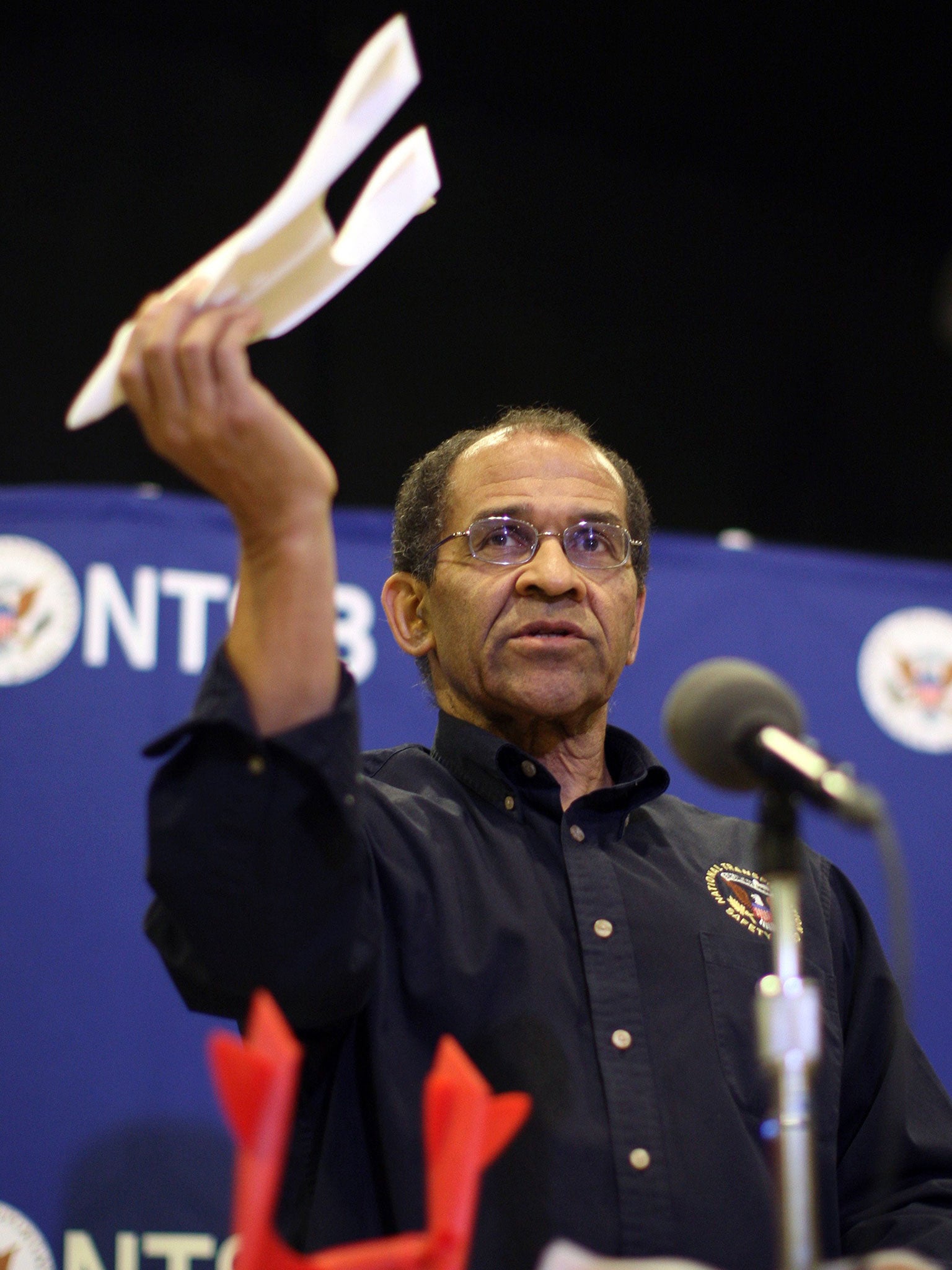Simon Calder: Will space tourism ever happen? It's a certainty
It will happen in significant numbers - perhaps a few thousand per year - within a decade

Your support helps us to tell the story
From reproductive rights to climate change to Big Tech, The Independent is on the ground when the story is developing. Whether it's investigating the financials of Elon Musk's pro-Trump PAC or producing our latest documentary, 'The A Word', which shines a light on the American women fighting for reproductive rights, we know how important it is to parse out the facts from the messaging.
At such a critical moment in US history, we need reporters on the ground. Your donation allows us to keep sending journalists to speak to both sides of the story.
The Independent is trusted by Americans across the entire political spectrum. And unlike many other quality news outlets, we choose not to lock Americans out of our reporting and analysis with paywalls. We believe quality journalism should be available to everyone, paid for by those who can afford it.
Your support makes all the difference.“A fiver says Virgin Galactic will never happen,” a wise old travel figure told me today. “Branson will take time to abandon the project but I think even he realises space is a step too far. I certainly wouldn't get on one.”
I took the bet, because it is a racing certainty that space tourism will happen in significant numbers - perhaps a few thousand per year - within a decade. Evading gravity, escaping the atmosphere and venturing to the edge of the unknown is the next challenge in the business of “trophy tourism”, and as the advance bookings for Virgin Galactic demonstrate, there are plenty of takers.
Space is defined as being 62 miles from the surface of the earth. What Sir Richard Branson has been working on for a decade is a relatively low-cost way of reaching and crossing that boundary.
Even with the near-limitless military budgets that pioneered manned space travel half a century ago, reaching for the heavens has always been an immensely difficult and perilous task. The crash in California is the most recent tragedy, and will certainly not be the last. The happy heroics of Apollo XIII were the exception to a rule of repeated calamities for rocket men and women.
But the Virgin founder has deep pockets, a profound belief in the project and an excellent customer base of wealthy clients eager to touch the void as the ultimate in tourism.
These days, terrestrial targets are tame. Reaching either north or south pole is a straightforward matter. Just hand over tens of thousands of dollars (the universal currency when going to extremes) to a Russian icebreaker heading north from Murmansk or a Hercules transport aircraft southbound from the vicinity of Cape Horn.
Both of these activities are relatively safe, unlike attempting to reach the summit of Everest. Yet even with a fatality rate said to be as high as three per cent, there is no shortage of rich amateurs keen to take on the world’s highest mountain. And despite the spaceship that fell to earth, the queue of travellers prepared to hand over the price of a family home for an extraterrestrial adventure will only increase.
Sixty years ago, the first commercial jet aircraft - Comet 1 - was grounded after three fatal crashes within a year. But today air travel is immensely safe.
As with the pioneering days of air travel, so with space tourism today. Flying high is haunted by tragedy, and the aerospace industry was built on the wreckage of machines and lives. Ultimately, though, space tourism will become routine, safe and amazing.
Join our commenting forum
Join thought-provoking conversations, follow other Independent readers and see their replies
Comments